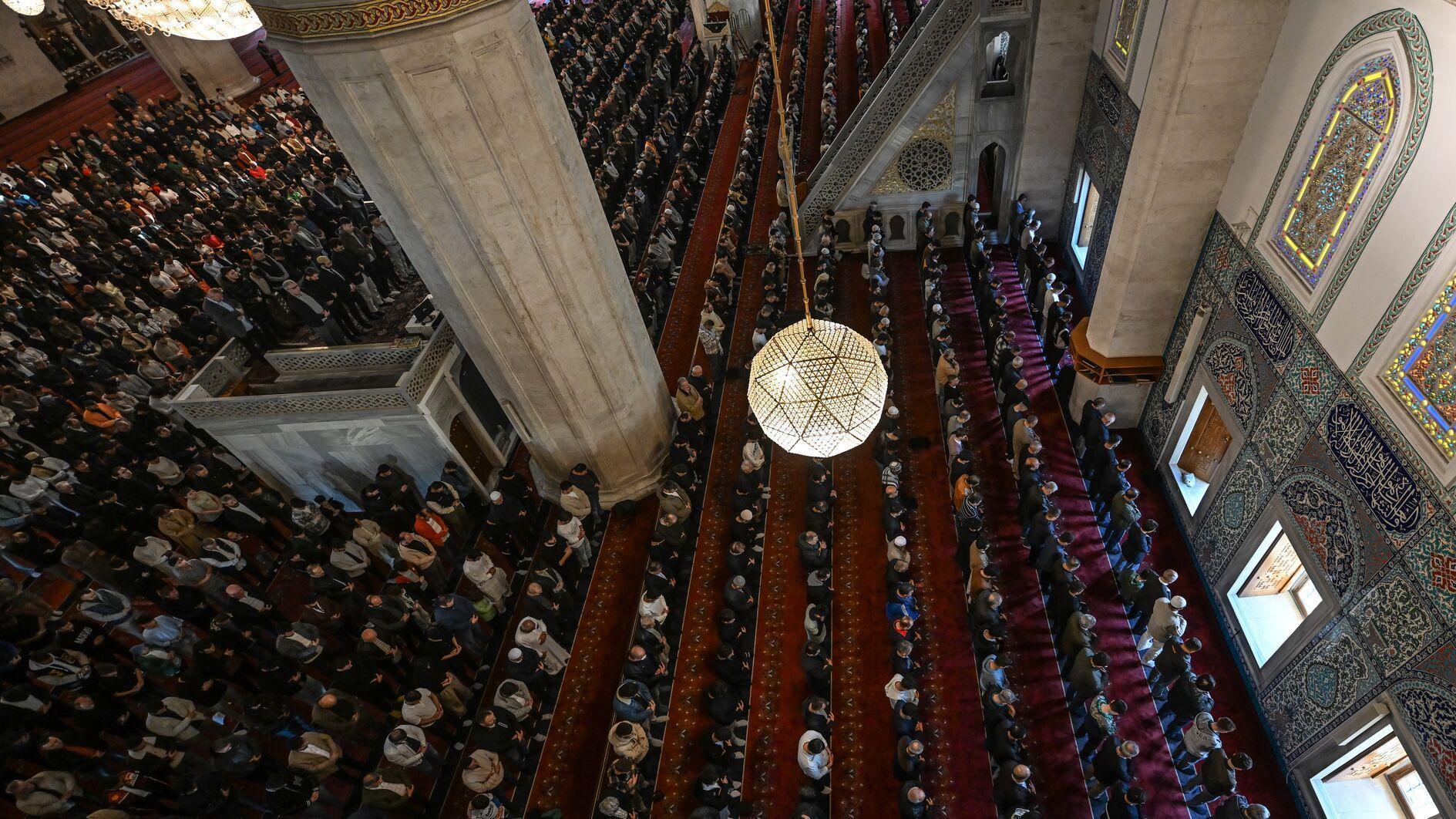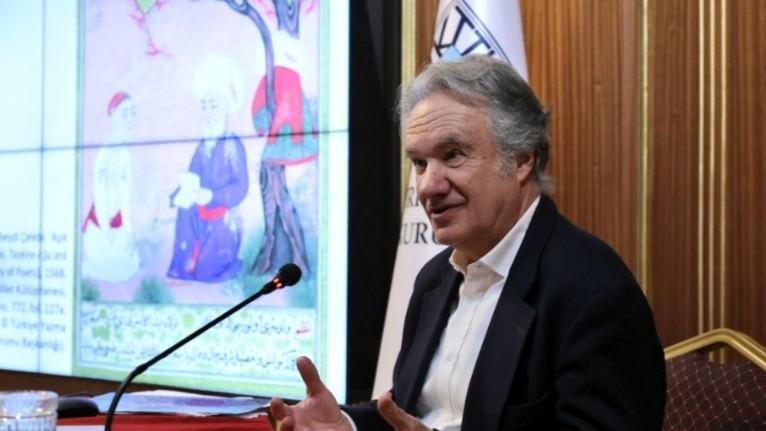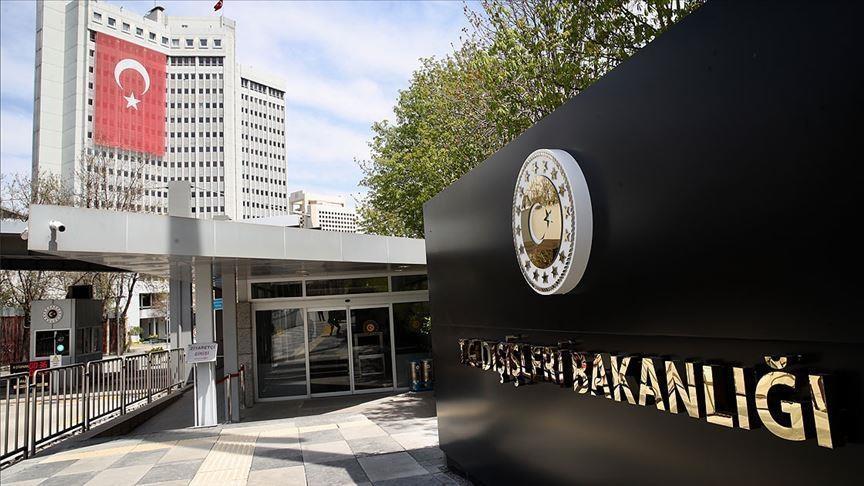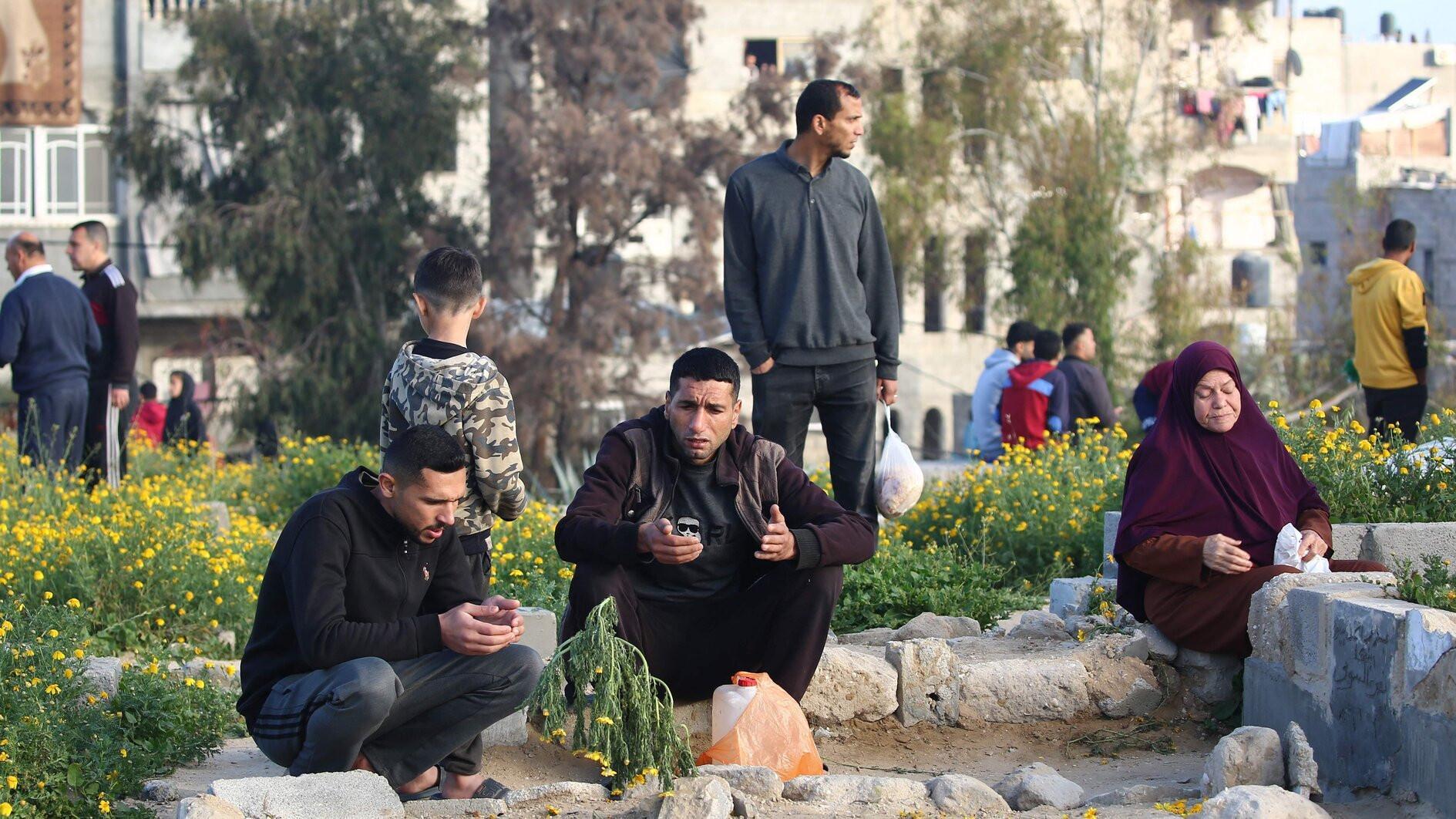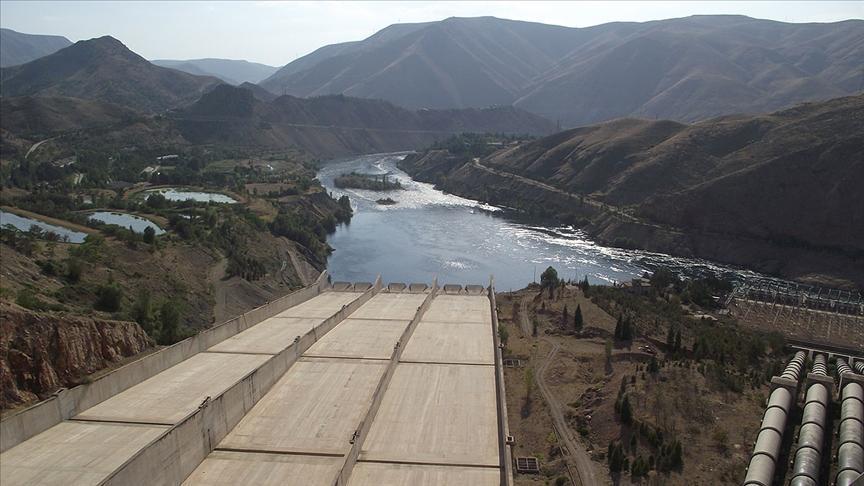Greek Cyprus warns Turkey to stop ‘bullying’ over gas
NICOSIA
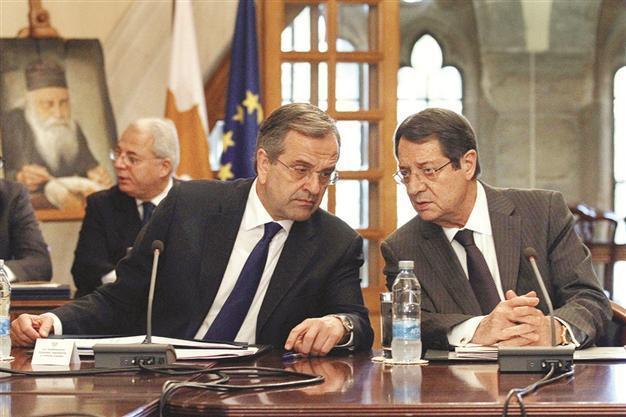
Greek Prime Minister Antonis Samaras (L) speaks with Greek Cypriot President Nicos Anastasiades during a meeting at the Presidential Palace in Nicosia in the Mediterranean island in this Nov 7, 2014 file photo. AFP Photo
Greek Cyprus President Nicos Anastasiades has said reunification talks can restart if Turkey respects the ethnically divided island’s “sovereign right to exploit” its offshore gas reserves.Anastasiades said Dec. 31, 2014 that Turkey must stop trying to impose its will on its tiny neighbor, as reported by The Associated Press Jan. 1.
The Mediterranean island has been divided since Turkish troops intervened in 1974 in response to a Greek Cypriot coup seeking union with Greece.
Turkey does not recognize Cyprus as a state and opposes an offshore energy search by the internationally recognized Greek Cypriot government, saying that it ignores the rights of Turkish Cypriots.
Anastasiades suspended reunification talks in October after Turkey announced plans to search for gas in waters where the Cypriot government has licensed other companies to drill.
The Greek Cypriot government says all will share in any gas wealth after reunification.
In the meantime, the president of the Turkish Cyprus on Dec. 31 called on the Greek Cypriot administration to return to the negotiating table without preconditions, according to Anadolu Agency.
“We cannot give up our rights so that the Greek Cypriots can return to the talks,” said Derviş Eroğlu in a statement, adding that the Turkish Cypriot side has continued to stay at the table.
Turkish Cypriots want a speedy solution and an end to injustices, stated Eroğlu, saying the Turkish Cypriot side was positive and wanted “a result-oriented” understanding in peace talks.
Eroğlu said the Turkish Cypriot government was in harmony with Turkey over the policies to be discussed during the Cyprus peace process.
He said the solution to the issue would contribute to the development of the island’s two peoples and their welfare, adding: “We believe the solution will also boost relations between Turkey and Greece.”
Greek Cyprus had announced in October the suspension of peace talks as a result of a crisis in the eastern Mediterranean, which was sparked after it accelerated oil exploration drills off Cyprus. Turkey sent the seismic research vessel Barbaros to areas nearby for its own oil exploration and deployed a warship to closely follow the activities of a Greek Cyprus platform in the island’s disputed economic zone.
Negotiations between the two sides had resumed after a two-year pause in February 2013. Previous talks had collapsed, partly because of the impact of the Eurozone debt crisis on the government in Nicosia.
Turkey and Greece held a High-Level Strategic Council meeting in Greece in December 2014 under the co-chairmanship of the countries’ two prime ministers, Ahmet Davutoğlu and Antonis Samaras, with the participation of nine Turkish and 10 Greek ministers.
Turkey and Greece have reiterated their commitment to further develop bilateral ties through cooperation in various fields, including supplying natural gas to European markets, while intensifying their efforts to resume Cyprus reunification talks as two guarantor countries.
“On Cyprus, we want negotiations to begin as soon as possible. We held very positive talks [with Greece]. They will continue. We embrace the approaches that put our mutual interests forward in the Eastern Mediterranean and in the Aegean,” Davutoğlu said at a joint press conference on Dec. 6, 2014 in Athens. Davutoğlu expressed his wishes for a quick recovery for Anastasiades, who recently underwent cardiac surgery, and stressed Turkey prioritizes the re-commencement of suspended talks between Turkish and Greek Cypriots.


